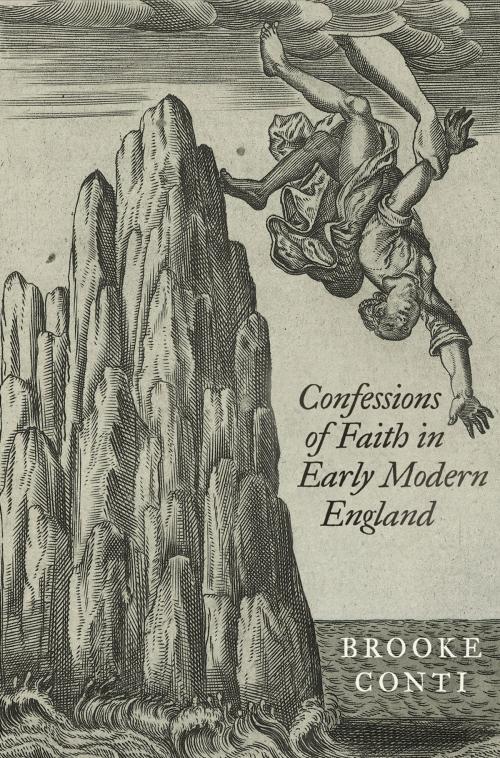Confessions of Faith in Early Modern England
Fiction & Literature, Literary Theory & Criticism, British| Author: | Brooke Conti | ISBN: | 9780812209211 |
| Publisher: | University of Pennsylvania Press, Inc. | Publication: | January 18, 2014 |
| Imprint: | University of Pennsylvania Press | Language: | English |
| Author: | Brooke Conti |
| ISBN: | 9780812209211 |
| Publisher: | University of Pennsylvania Press, Inc. |
| Publication: | January 18, 2014 |
| Imprint: | University of Pennsylvania Press |
| Language: | English |
As seventeenth-century England wrestled with the aftereffects of the Reformation, the personal frequently conflicted with the political. In speeches, political pamphlets, and other works of religious controversy, writers from the reign of James I to that of James II unexpectedly erupt into autobiography. John Milton famously interrupts his arguments against episcopacy with autobiographical accounts of his poetic hopes and dreams, while John Donne's attempts to describe his conversion from Catholicism wind up obscuring rather than explaining. Similar moments appear in the works of Thomas Browne, John Bunyan, and the two King Jameses themselves. These autobiographies are familiar enough that their peculiarities have frequently been overlooked in scholarship, but as Brooke Conti notes, they sit uneasily within their surrounding material as well as within the conventions of confessional literature that preceded them.
Confessions of Faith in Early Modern England positions works such as Milton's political tracts, Donne's polemical and devotional prose, Browne's Religio Medici, and Bunyan's Grace Abounding to the Chief of Sinners as products of the era's tense political climate, illuminating how the pressures of public self-declaration and allegiance led to autobiographical writings that often concealed more than they revealed. For these authors, autobiography was less a genre than a device to negotiate competing political, personal, and psychological demands. The complex works Conti explores provide a privileged window into the pressures placed on early modern religious identity, underscoring that it was no simple matter for these authors to tell the truth of their interior life—even to themselves.
As seventeenth-century England wrestled with the aftereffects of the Reformation, the personal frequently conflicted with the political. In speeches, political pamphlets, and other works of religious controversy, writers from the reign of James I to that of James II unexpectedly erupt into autobiography. John Milton famously interrupts his arguments against episcopacy with autobiographical accounts of his poetic hopes and dreams, while John Donne's attempts to describe his conversion from Catholicism wind up obscuring rather than explaining. Similar moments appear in the works of Thomas Browne, John Bunyan, and the two King Jameses themselves. These autobiographies are familiar enough that their peculiarities have frequently been overlooked in scholarship, but as Brooke Conti notes, they sit uneasily within their surrounding material as well as within the conventions of confessional literature that preceded them.
Confessions of Faith in Early Modern England positions works such as Milton's political tracts, Donne's polemical and devotional prose, Browne's Religio Medici, and Bunyan's Grace Abounding to the Chief of Sinners as products of the era's tense political climate, illuminating how the pressures of public self-declaration and allegiance led to autobiographical writings that often concealed more than they revealed. For these authors, autobiography was less a genre than a device to negotiate competing political, personal, and psychological demands. The complex works Conti explores provide a privileged window into the pressures placed on early modern religious identity, underscoring that it was no simple matter for these authors to tell the truth of their interior life—even to themselves.















